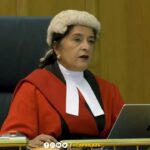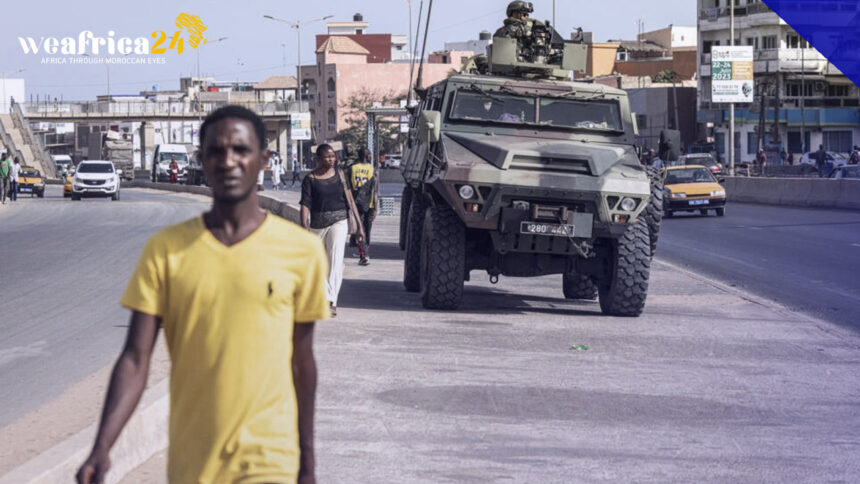In Senegal, nine people were killed on June 1st, 2023 in violence after Ousmane Sonko was sentenced to two years in prison. The opponent, accused of rape by former masseuse Adji Sarr, was found guilty of “youth corruption”. Deadly clashes erupted in Dakar and Ziguinchor, a city where the leader of the Pastef party is the mayor.
In Dakar, the situation remains quite volatile. New incidents, burnt tires, were reported this morning of June 2nd in the Ouakam district, according to witnesses. It is difficult for the moment to predict the turn of events in the hours to come.
At Cheikh Anta Diop University (Ucad), with their bags or suitcases, students began to pack up, and leave the campus, after the violence the day before. Classes have been suspended until further notice. The damage is visible at Ucad: burnt buses, and ravaged installations. Same thing in several districts of the capital where the clashes continued until late at night from June 1st to 2nd: Ngor, Yoff, for example, and in the suburbs of Dakar too.
This Friday morning, in some areas, Dakar looked like a “ghost town”: businesses closed, little traffic.
Life resumed little by little, even if nothing comparable to a usual Friday. Many businesses and offices remain closed. Same for schools.
Restriction of access to social networks, to prevent “the dissemination of hateful messages” The nine deaths of the day before echo the deadly riots of March 2021, at the very beginning of the legal proceedings against Ousmane Sonko against Adji Sarr. At the time, it had lasted 5 days.
On June 1st, Ousmane Sonko’s Pastef party called on its supporters to “resist”, and to take to the streets. The government spokesman once again denounced “calls for insurrection”.







